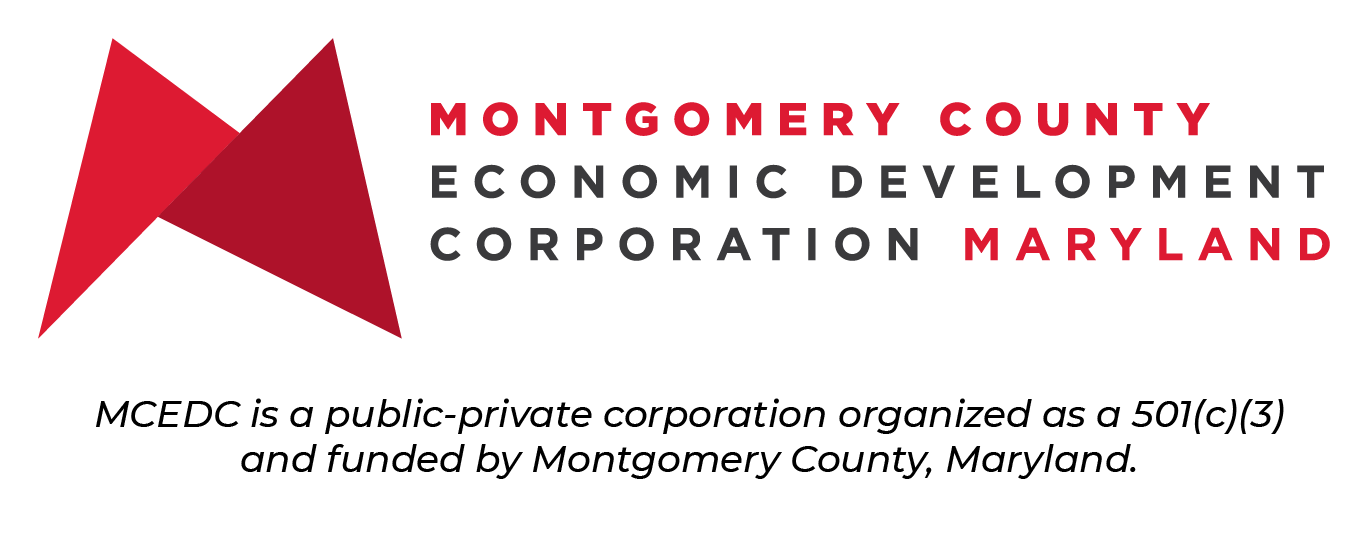1. Montgomery County’s Spirit of Partnerships
People often think of biotechnology partnerships as licensing deals, where one company develops a product and licenses it to another for manufacturing and marketing. Partnership in the local industry; however, goes much deeper than that, said Brad Stewart, senior vice president of business development for Montgomery County Economic Development Corporation. “What I think is unique about the area we have here is it's a very rich, diverse group of companies with a spectacular cross-section of the types of products and services,” Stewart said. “It’s also a very friendly community. It's one where if you need help, most likely someone knows someone who can help you, and they're likely to volunteer their time to help you.”
2. Empowering Young Biotech Startups
Montgomery County’s partnerships-oriented culture is particularly advantageous for budding biotech companies. Even with just a few employees, these startups can tap into a wealth of resources, mentorship programs, and networking opportunities. Initiatives like the Maryland Tech Council's venture mentoring services program and the Montgomery County Business Center’s incubator helps connect startups with the right partners to propel them to success.
3. A Thriving Biotech Ecosystem
Montgomery County boasts an extensive biotechnology ecosystem, encompassing both public and private sectors. With 36 federal labs, including the renowned National Institutes of Health and the U.S. Food and Drug Administration, the county has a deep talent pool and unparalleled research and regulatory resources. Over 300 life sciences companies call Montgomery County home, offering partners at every stage of product development.
4. Manufacturing and Trial Partnerships
Montgomery County provides a thriving environment for manufacturing partnerships. Companies such as Lonza, Catalent, MaxCyte, Charles River Labs and Saint Gobain operate within the county, offering manufacturing capabilities essential for biotech product commercialization. These partnerships facilitate seamless progression from early discovery to large-scale production and distributions.
5. Success Stories: Akan Biosciences and Seraxis
Akan Biosciences and Seraxis, two life sciences startups that recently graduated from the County Business Center's incubator program, exemplify the benefits of Montgomery County's connectivity. These cell therapy companies received educational support, collaborative opportunities, shared resources, and access to state-of-the-art lab facilities. They have grown significantly, with Akan expanding its team and Seraxis advancing its groundbreaking cure for type 1 diabetes.
6. Keys to Successful Life Sciences Partnerships
According to industry experts three keys contribute to successful partnerships: complementary core competencies, strong personal relationships built on trust and addressing significant needs in healthcare or research. Montgomery County's collaborative environment fosters such partnerships, enabling partners to identify unmet medical needs, develop innovative solutions and address the growing healthcare demands of an aging population.
With access top talent, resources, federal agency headquarters and key partnerships, ARPA-H has an extraordinary opportunity to accelerate product development. Through strong personal relationships and a shared dedication to addressing critical medical needs, Montgomery County’s life science ecosystem can help shape the future of healthcare and improve lives.
Learn more about Montgomery County Economic Development Corporation (MCEDC): Maryland’s Montgomery County, the immunology capital next to the nation’s capital. Home to NIH, FDA, top talent, partnerships and life science success for you.
Contact our CEO, Bill Tompkins at ceo@thinkmoco.com if you want to BE NEXT.
